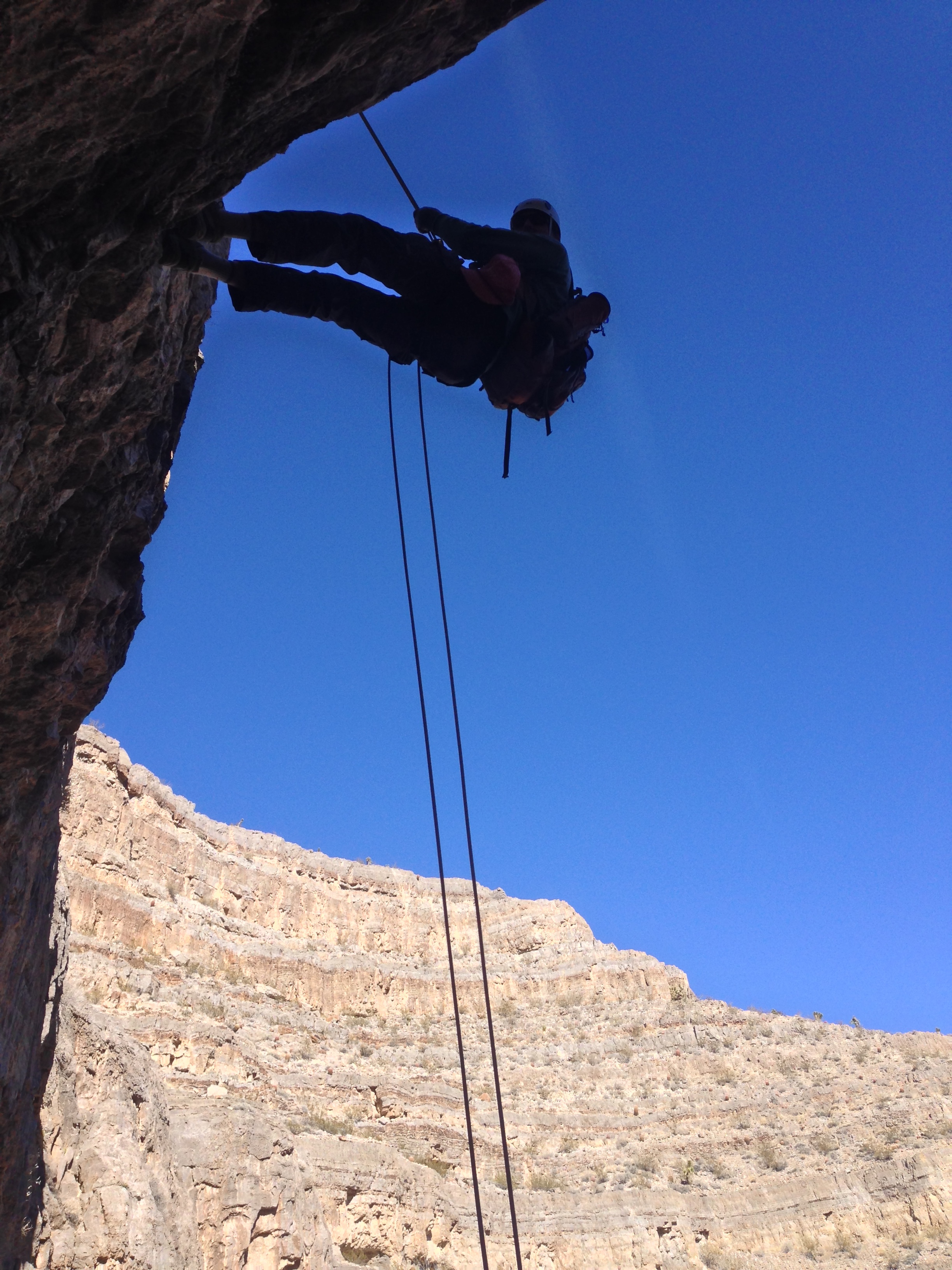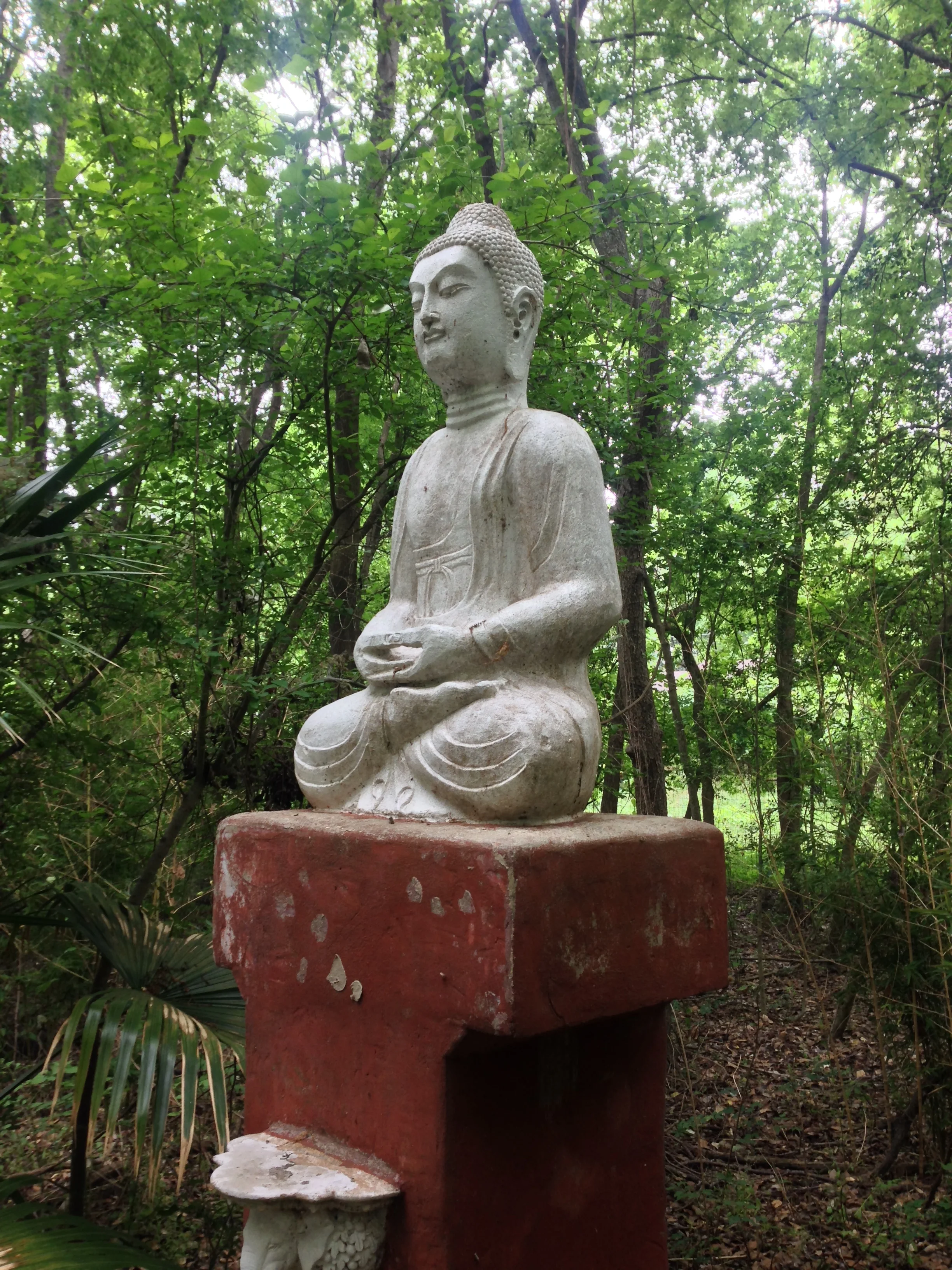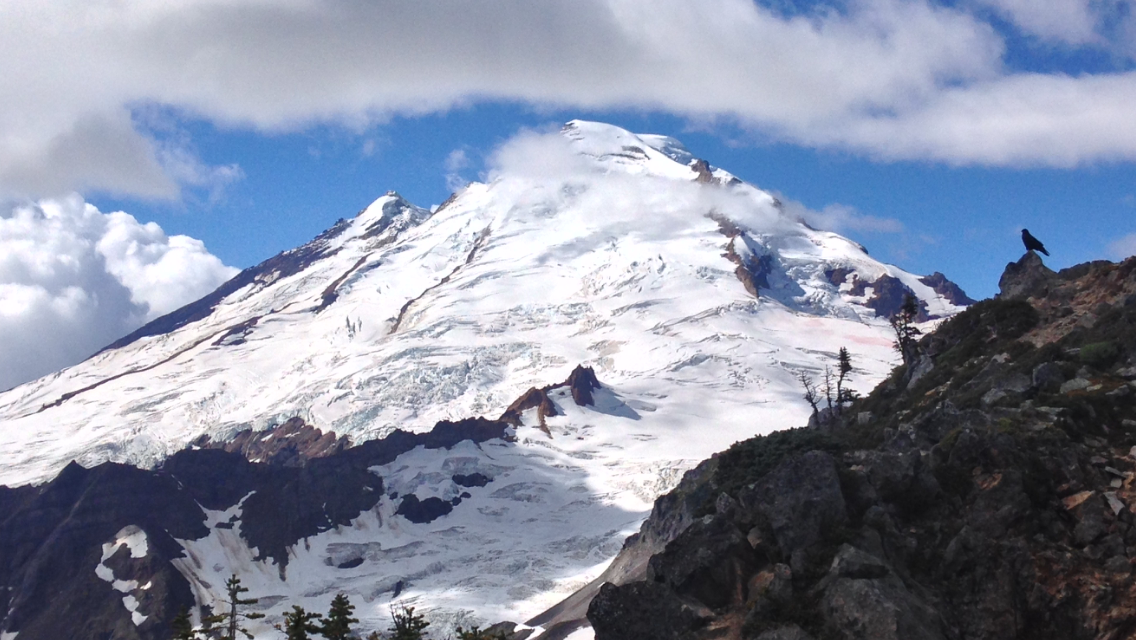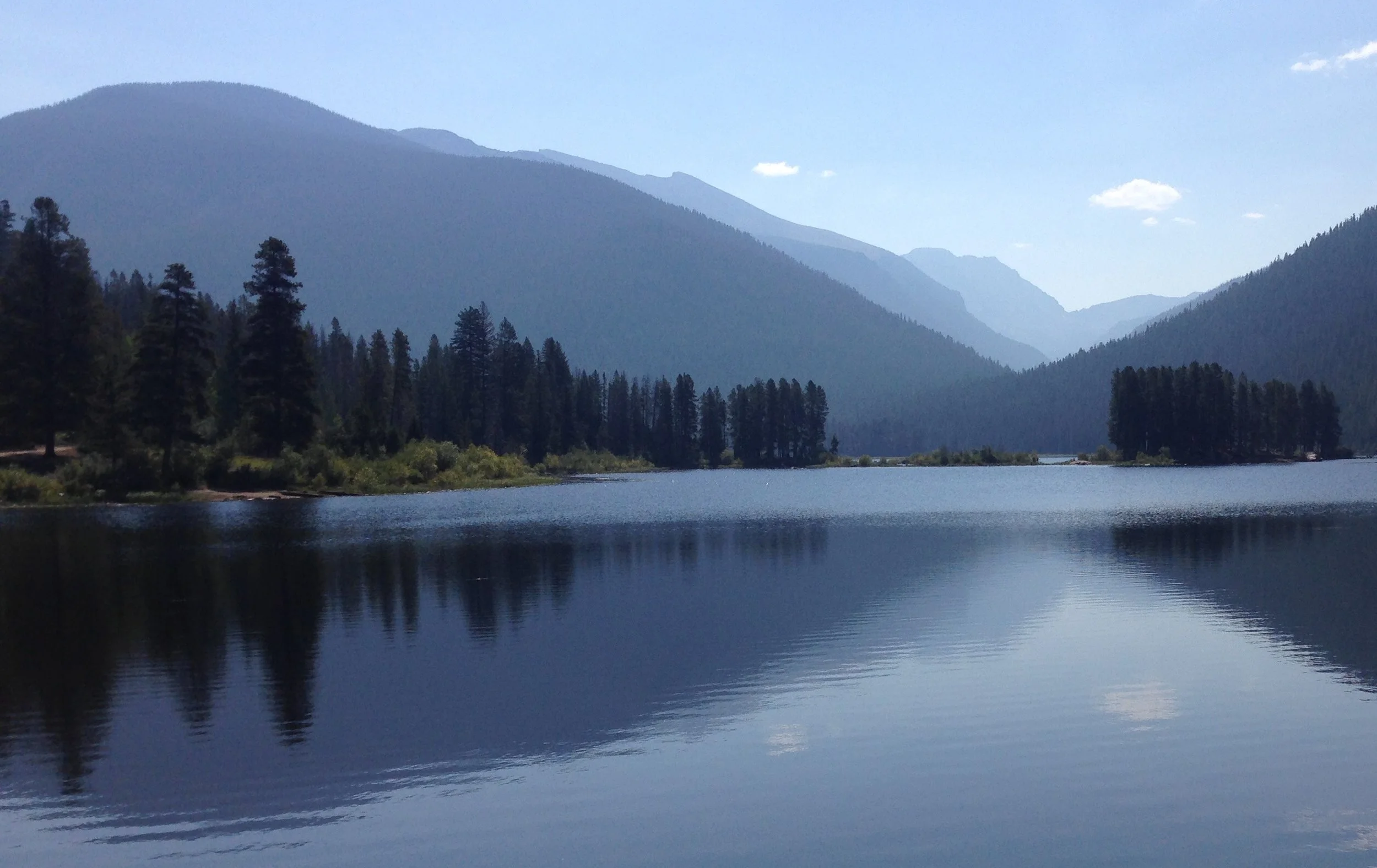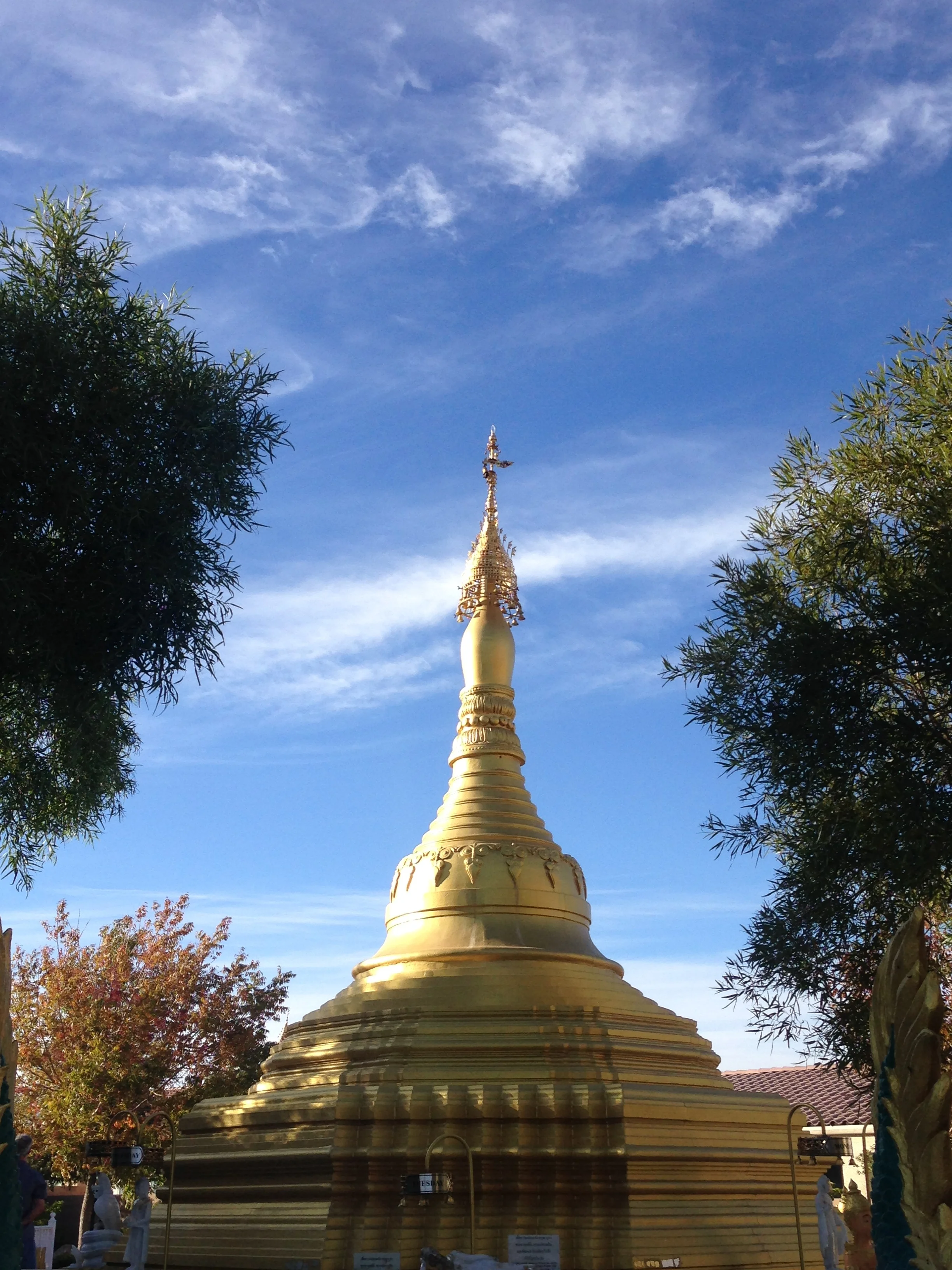Although there were only two of us present for this afternoon's meditation program at ABMT, it was a beneficial period of formal Buddhist practice.
It began with a discussion of some of the Buddhist discourses then we chanted several of them. We began with a reflection on the Buddha, Dhamma, and Sangha, then we chanted the Buddha's first discourse, which is particularly important as it introduced the Four Noble Truths to the world. Afterward we chanted a contemplation on the parts of the body, and another chant reflecting on aging, illness, death, separation, and the nature of cause and effect. At the end, we chanted a dedication of merit for the skillful deed we'd done in practicing the Buddhist path.
After the chanting, which lasted perhaps 45 minutes, we had a period of sitting meditation for approximately 25 minutes. Practicing sitting meditation at the temple tends to be a very peaceful experience, with little in the way of noisy distractions. It is an ideal place to sit quietly and observe the activities of the mind.
By the end of the sitting meditation period, we were approaching the end of the session and so we chatted briefly about practice-related subjects, wished each other well, and then concluded for the day.
It seems likely that these Saturday afternoon meditation programs will continue (from 2-4 PM) through at least the summer, depending on community interest.



